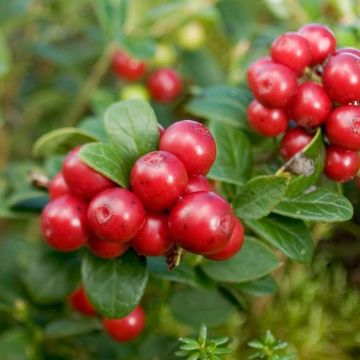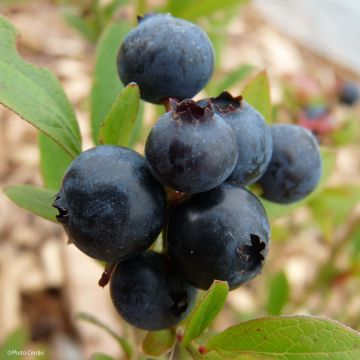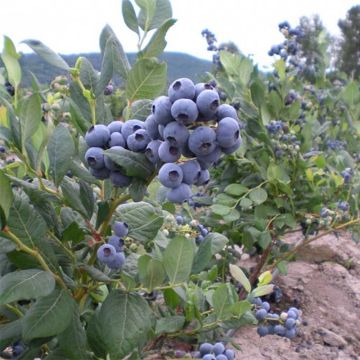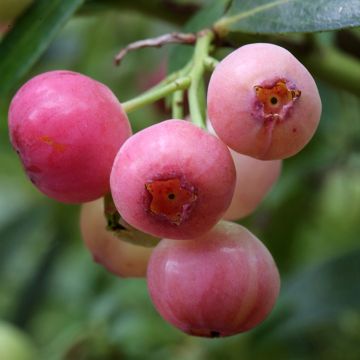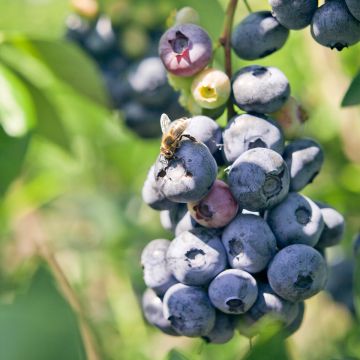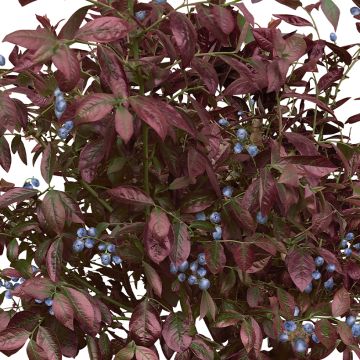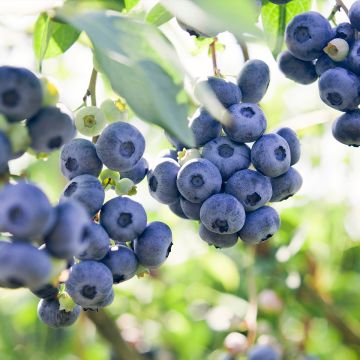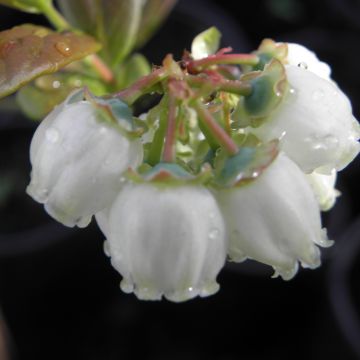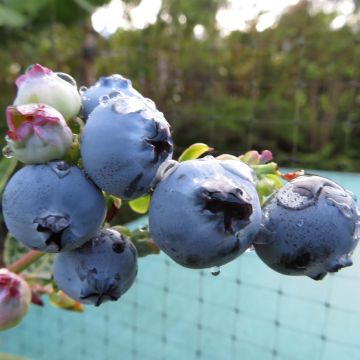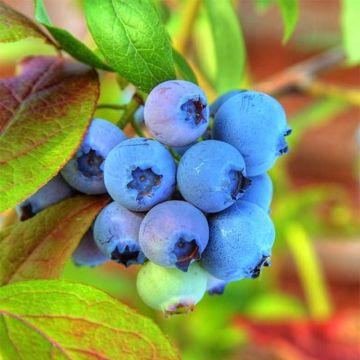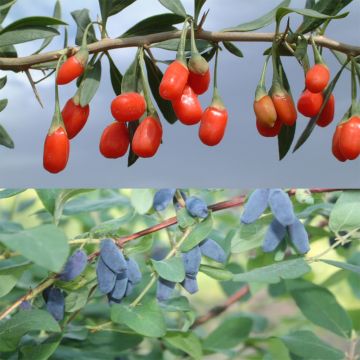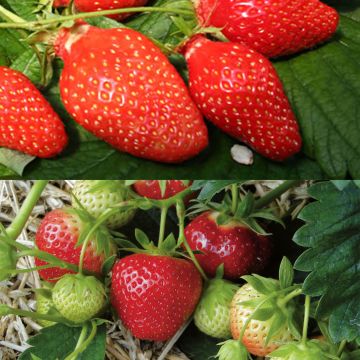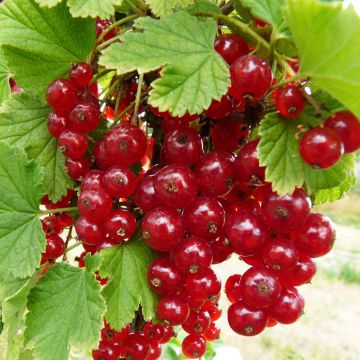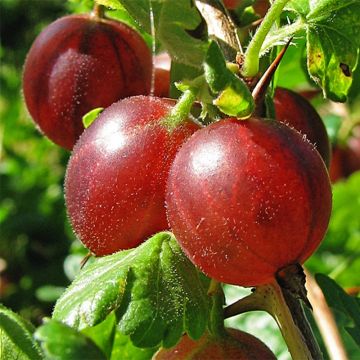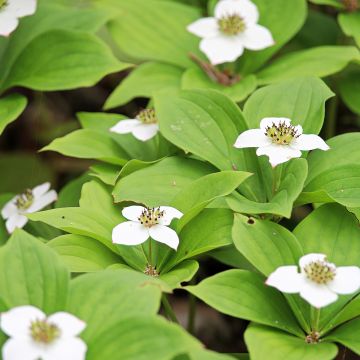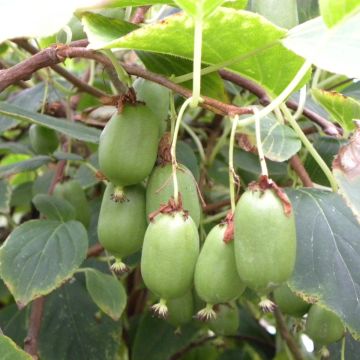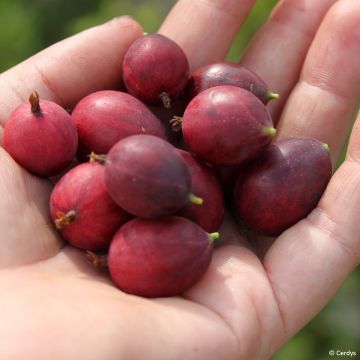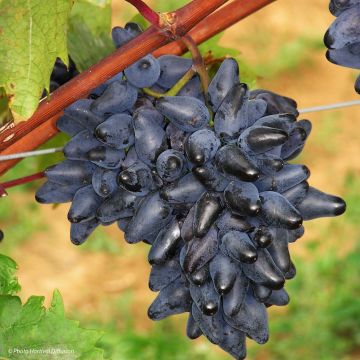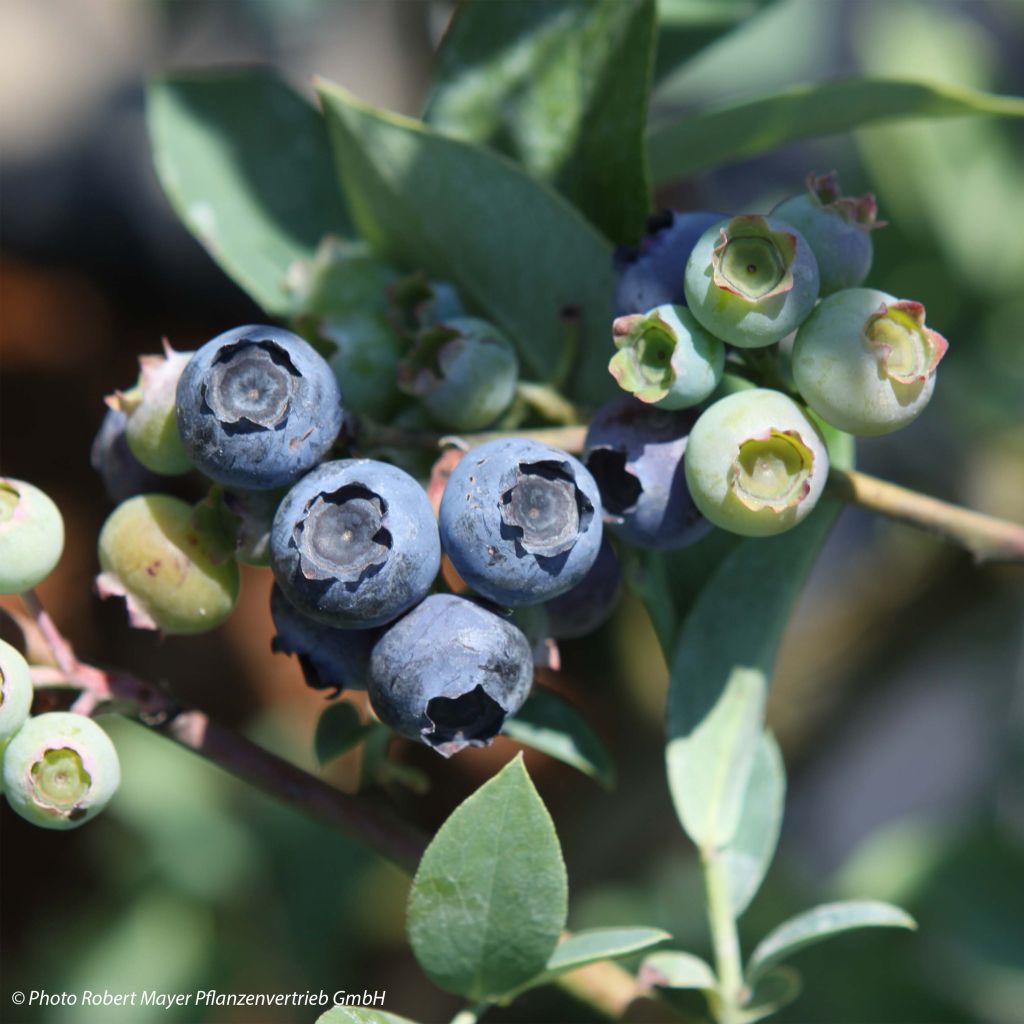

Myrtillier Powder Blue - Vaccinium ashei
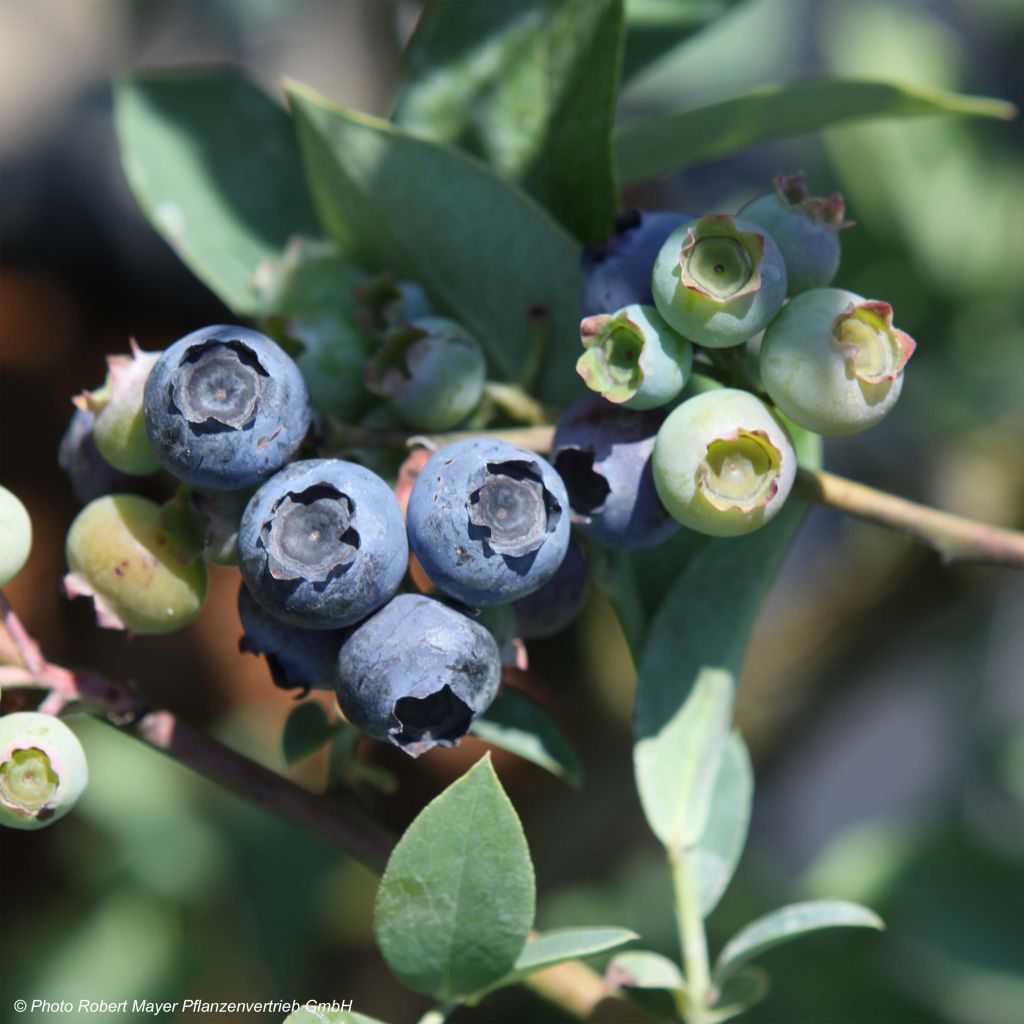

Vaccinium Powder Blue - Blueberry Bush
Vaccinium Powder Blue - Blueberry Bush
Vaccinium x ashei Powder Blue
Rabbiteye Blueberry, Southern Black Blueberry
My young plant died after a year, not suited to Normandy. Next to it, I had an Emil blueberry bush that recovered but isn't growing much.
Virginie, 07/11/2025
Special offer!
Receive a €20 voucher for any order over €90 (excluding delivery costs, credit notes, and plastic-free options)!
1- Add your favorite plants to your cart.
2- Once you have reached €90, confirm your order (you can even choose the delivery date!).
3- As soon as your order is shipped, you will receive an email containing your voucher code, valid for 3 months (90 days).
Your voucher is unique and can only be used once, for any order with a minimum value of €20, excluding delivery costs.
Can be combined with other current offers, non-divisible and non-refundable.
Home or relay delivery (depending on size and destination)
Schedule delivery date,
and select date in basket
This plant carries a 6 months recovery warranty
More information
We guarantee the quality of our plants for a full growing cycle, and will replace at our expense any plant that fails to recover under normal climatic and planting conditions.
Description
Vaccinium ashei 'Powder Blue' blueberry bush is a productive variety that ripens particularly late, with good-sized berries that are harvested towards the end of September and sometimes in October. The clustered berries are light blue with a beautiful powdery coating. Delicious, sweet, and tangy, they are well-suited for cooking and eating. The bush is self-fertile and thrives in acidic soil, ideally plant it in the autumn.
The Blueberry belongs to the ericaceae family, along with heathers and rhododendrons. Vaccinium ashei is one of the shrubby blueberries used in cross-breeding to delay the fruiting period and stagger the harvests.
'Powder Blue' is a perfectly hardy bush, bushy, dense, and compact, reaching a height of 2 metres (7 feet) and a width of at least 1 metre (3 feet) over time. The deciduous and thick leaves turn a beautiful shade of red as the temperatures drop. Flowering occurs in May in the form of small white bell-shaped flowers clustered at the ends of the stems. This is followed by the formation of large berries the size of small grapes, with a skin covered in a very attractive powdery coating that gives it a light blue appearance. These blueberries are very late, ripening at the end of September. Blueberries are low in calories but high in nutritional value and very rich in vitamins A, B, and C, as well as calcium and iron. They can be eaten freshly picked, enjoyed as juice, jam, jelly, sorbet, or used in pastries (pies, muffins, etc.). Blueberries can be stored for about ten days after picking and can be frozen for longer preservation.
To limit the spread of diseases and optimise pollination, it is a good idea to plant different varieties of blueberries if space permits. Cross-pollination will even benefit self-fertile varieties. Choose two or three blueberry bushes according to their harvest periods to enjoy their tangy and delicious small fruits for a long time. In the garden, the Blueberry will blend in perfectly in acidic soil beds, alongside rhododendrons, azaleas, hydrangeas, heathers, and more.
Report an error about the product description
Vaccinium Powder Blue - Blueberry Bush in pictures
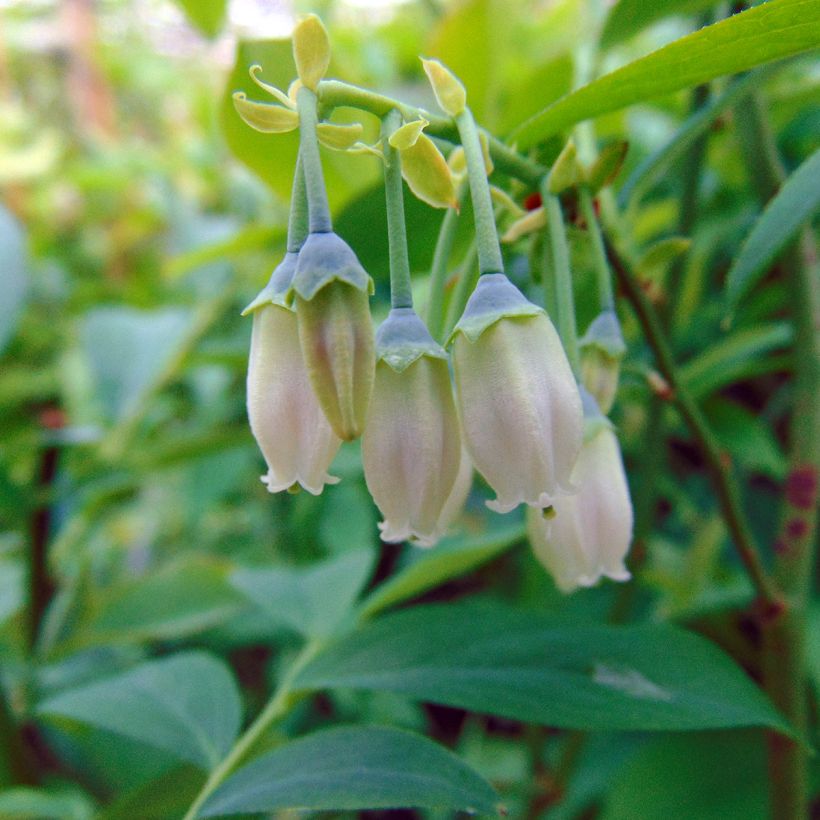

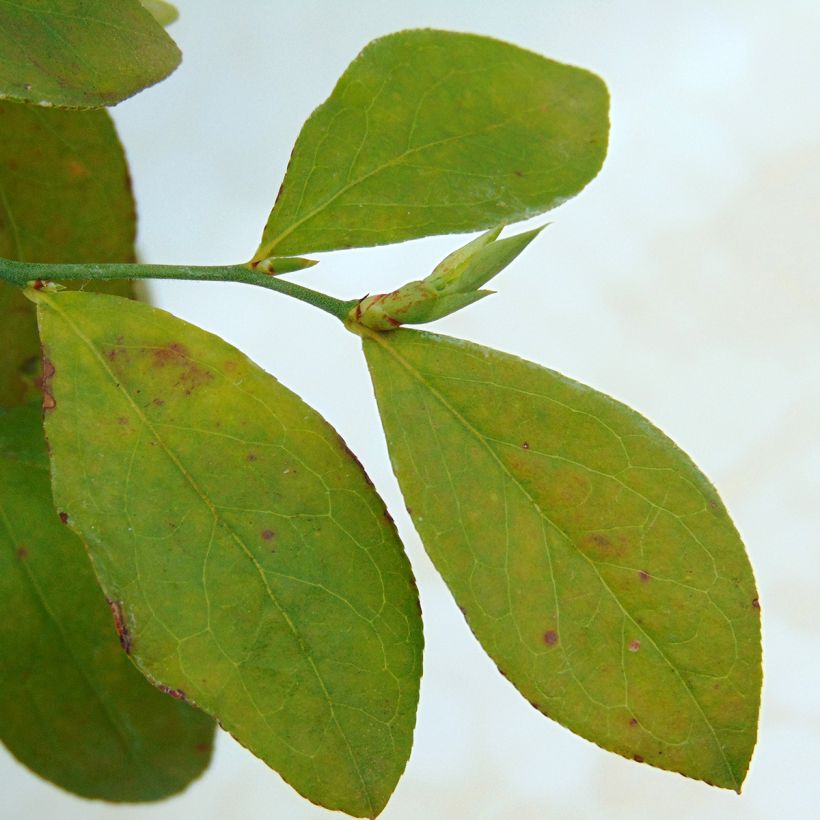

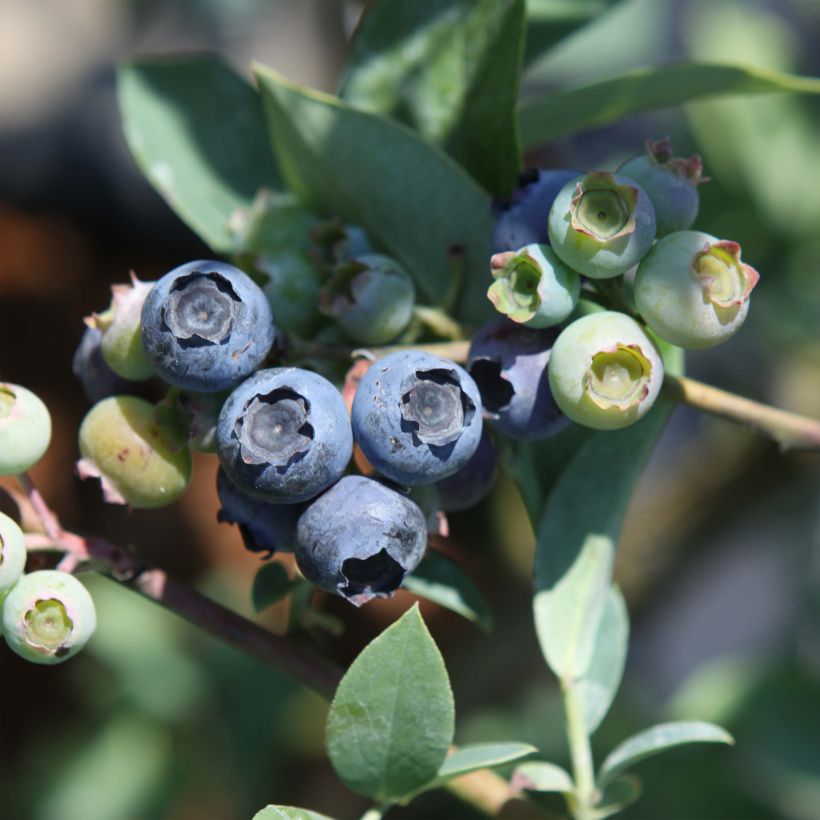

Plant habit
Fruit
Flowering
Foliage
Botanical data
Vaccinium
x ashei
Powder Blue
Ericaceae
Rabbiteye Blueberry, Southern Black Blueberry
Cultivar or hybrid
Other Blueberry bush
View all →Planting and care
Plant the Blueberry bush in autumn or throughout the year, excluding freezing temperatures. This bush should be planted in the sun in the north and preferably in partial shade in the south. Choose a sheltered location. If you plant multiple plants, space them 1.2 m (4ft) apart in all directions. The Blueberry bush is generally hardy, but some varieties need cold weather, while others require more heat. 'Powder Blue', like other Vaccinum ashei varieties, is perfectly hardy (-18°C (-0.4°F)) and will bear fruit even in temperate regions where winters are not very long.
Plant it in acidic soil by incorporating ericaceous soil or a mixture of ordinary soil and organic matter, well-decomposed bark compost. The collar should be level with the ground. Firmly pack the soil and water generously. In slightly chalky soil, dig a hole 50 to 60 cm (20 to 24in) deep, line the edges with a garden felt, lay a non-chalky gravel bed 10 cm (4in) thick at the bottom, then fill with a mixture of ericaceous soil.
The soil should remain moist but not waterlogged: the plant tolerates moderate drought and dislikes stagnant moisture. If watering is necessary, use non-chalky and non-chlorinated water (e.g. rainwater). Mulch the base with shredded bark, straw, or fern leaves. It is sometimes useful to place a protective net if birds become too greedy during harvest. Annually in spring, apply a little well-rotted compost on the surface. Blueberry bushes are not very susceptible to diseases and pests.
Planting period
Intended location
Care
-
, onOrder confirmed
Reply from on Promesse de fleurs
Similar products
Haven't found what you were looking for?
Hardiness is the lowest winter temperature a plant can endure without suffering serious damage or even dying. However, hardiness is affected by location (a sheltered area, such as a patio), protection (winter cover) and soil type (hardiness is improved by well-drained soil).

Photo Sharing Terms & Conditions
In order to encourage gardeners to interact and share their experiences, Promesse de fleurs offers various media enabling content to be uploaded onto its Site - in particular via the ‘Photo sharing’ module.
The User agrees to refrain from:
- Posting any content that is illegal, prejudicial, insulting, racist, inciteful to hatred, revisionist, contrary to public decency, that infringes on privacy or on the privacy rights of third parties, in particular the publicity rights of persons and goods, intellectual property rights, or the right to privacy.
- Submitting content on behalf of a third party;
- Impersonate the identity of a third party and/or publish any personal information about a third party;
In general, the User undertakes to refrain from any unethical behaviour.
All Content (in particular text, comments, files, images, photos, videos, creative works, etc.), which may be subject to property or intellectual property rights, image or other private rights, shall remain the property of the User, subject to the limited rights granted by the terms of the licence granted by Promesse de fleurs as stated below. Users are at liberty to publish or not to publish such Content on the Site, notably via the ‘Photo Sharing’ facility, and accept that this Content shall be made public and freely accessible, notably on the Internet.
Users further acknowledge, undertake to have ,and guarantee that they hold all necessary rights and permissions to publish such material on the Site, in particular with regard to the legislation in force pertaining to any privacy, property, intellectual property, image, or contractual rights, or rights of any other nature. By publishing such Content on the Site, Users acknowledge accepting full liability as publishers of the Content within the meaning of the law, and grant Promesse de fleurs, free of charge, an inclusive, worldwide licence for the said Content for the entire duration of its publication, including all reproduction, representation, up/downloading, displaying, performing, transmission, and storage rights.
Users also grant permission for their name to be linked to the Content and accept that this link may not always be made available.
By engaging in posting material, Users consent to their Content becoming automatically accessible on the Internet, in particular on other sites and/or blogs and/or web pages of the Promesse de fleurs site, including in particular social pages and the Promesse de fleurs catalogue.
Users may secure the removal of entrusted content free of charge by issuing a simple request via our contact form.
The flowering period indicated on our website applies to countries and regions located in USDA zone 8 (France, the United Kingdom, Ireland, the Netherlands, etc.)
It will vary according to where you live:
- In zones 9 to 10 (Italy, Spain, Greece, etc.), flowering will occur about 2 to 4 weeks earlier.
- In zones 6 to 7 (Germany, Poland, Slovenia, and lower mountainous regions), flowering will be delayed by 2 to 3 weeks.
- In zone 5 (Central Europe, Scandinavia), blooming will be delayed by 3 to 5 weeks.
In temperate climates, pruning of spring-flowering shrubs (forsythia, spireas, etc.) should be done just after flowering.
Pruning of summer-flowering shrubs (Indian Lilac, Perovskia, etc.) can be done in winter or spring.
In cold regions as well as with frost-sensitive plants, avoid pruning too early when severe frosts may still occur.
The planting period indicated on our website applies to countries and regions located in USDA zone 8 (France, United Kingdom, Ireland, Netherlands).
It will vary according to where you live:
- In Mediterranean zones (Marseille, Madrid, Milan, etc.), autumn and winter are the best planting periods.
- In continental zones (Strasbourg, Munich, Vienna, etc.), delay planting by 2 to 3 weeks in spring and bring it forward by 2 to 4 weeks in autumn.
- In mountainous regions (the Alps, Pyrenees, Carpathians, etc.), it is best to plant in late spring (May-June) or late summer (August-September).
The harvesting period indicated on our website applies to countries and regions in USDA zone 8 (France, England, Ireland, the Netherlands).
In colder areas (Scandinavia, Poland, Austria...) fruit and vegetable harvests are likely to be delayed by 3-4 weeks.
In warmer areas (Italy, Spain, Greece, etc.), harvesting will probably take place earlier, depending on weather conditions.
The sowing periods indicated on our website apply to countries and regions within USDA Zone 8 (France, UK, Ireland, Netherlands).
In colder areas (Scandinavia, Poland, Austria...), delay any outdoor sowing by 3-4 weeks, or sow under glass.
In warmer climes (Italy, Spain, Greece, etc.), bring outdoor sowing forward by a few weeks.






























